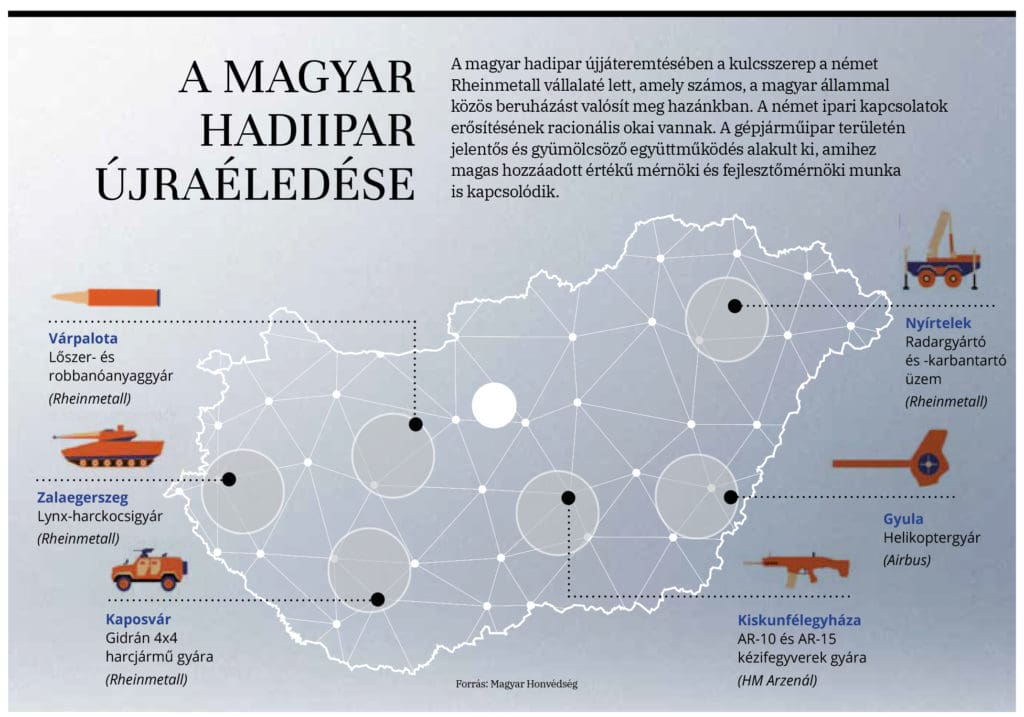Hungary will not return to military conscription despite the rising tensions across Europe in the wake of Russia’s invasion of Ukraine, the country’s new defense minister, Kristóf Szalay-Bobrovinczky, confirmed on Thursday.
“In peacetime, the Hungarian army is organized on a voluntary basis,” Szalay-Bobrovniczky said, unequivocally ruling out reintroducing military draft in the country. After 136 years, Hungary ended conscription back in 2004.
Asked about the continued fast development of the armed forces during a time of economic crisis, Szalay-Bobrovniczky said “the two things are not contradictory. Quite the opposite, peace requires strength.”
Next year, Hungary will supplement its defense budget by HUF 842 billion (€2.12 billion) from a recently announced windfall tax, thereby reaching the NATO requirement that member nations spend 2 percent of GDP on defense.
Asked about the direction of development, the defense minister said the focus has been on developing a strong domestic military industry since the launch of the Zrínyi 2026 military development plan.

“We need to replace obsolete and outdated equipment with a modern and high-deterrent force capable of responding to challenges in all directions as soon as possible. Some highlighted examples: German Leopard tanks are constantly arriving, and the production and commissioning of Lynx armored infantry vehicles has begun,” Szalay-Bobrovniczky said.
“Small arms manufactured under a Czech license have already been introduced by the army,” he added.
“We also have all the necessary contracts in the field of air defense, and we are waiting for radar and anti-missile systems.
“The Air Force will also be getting training facilities in the coming years, and we are about to buy more fighter jets. Wherever possible, our defense procurement is geared toward domestic production bases.”






